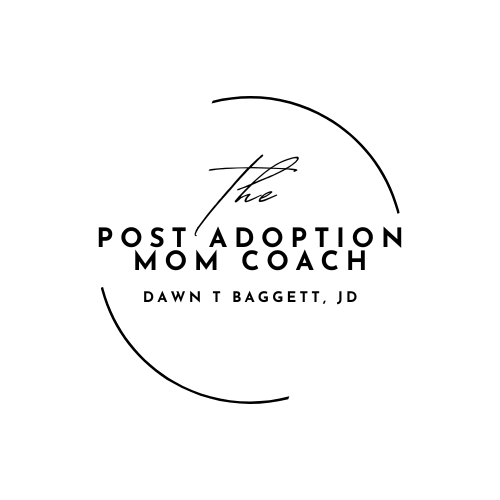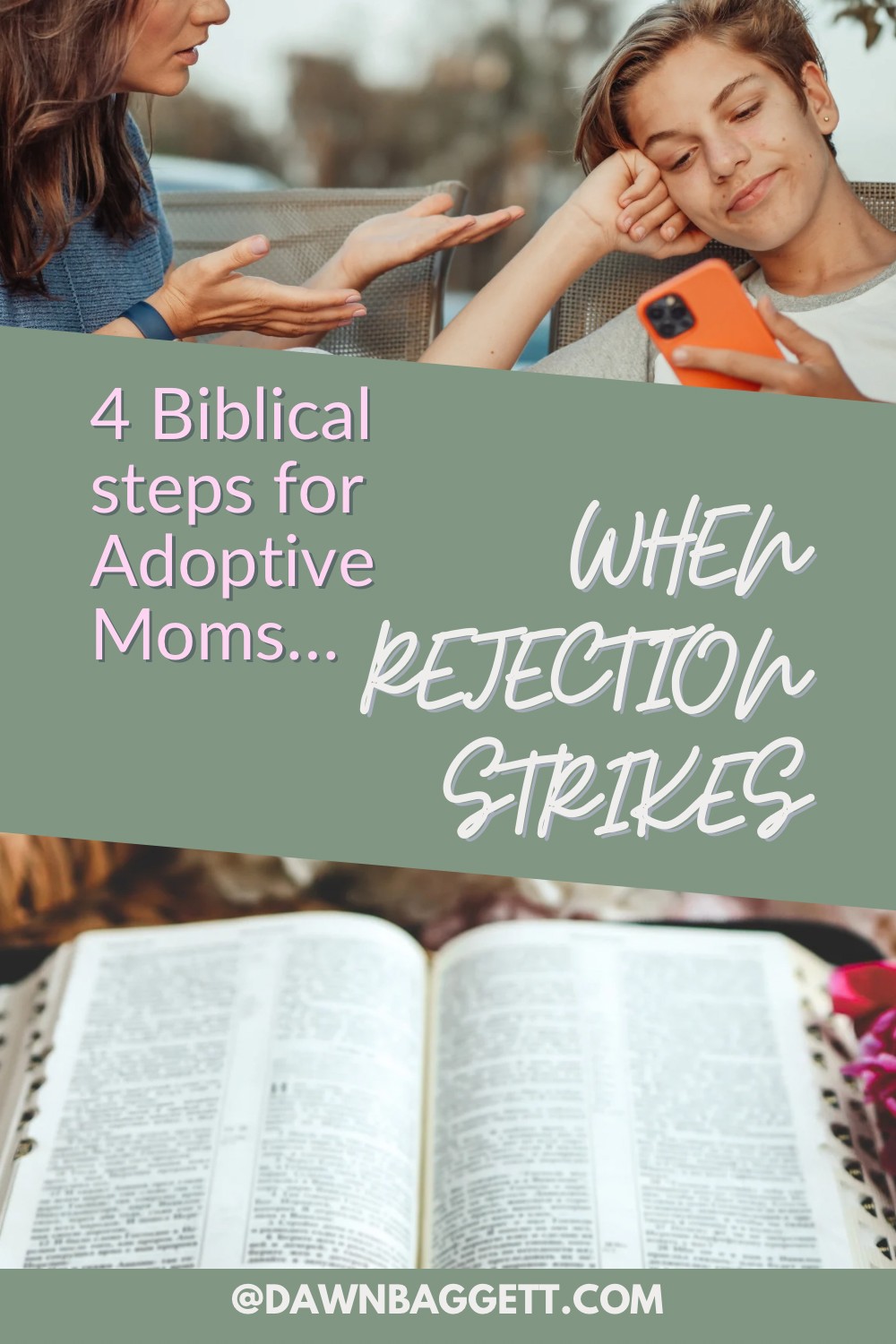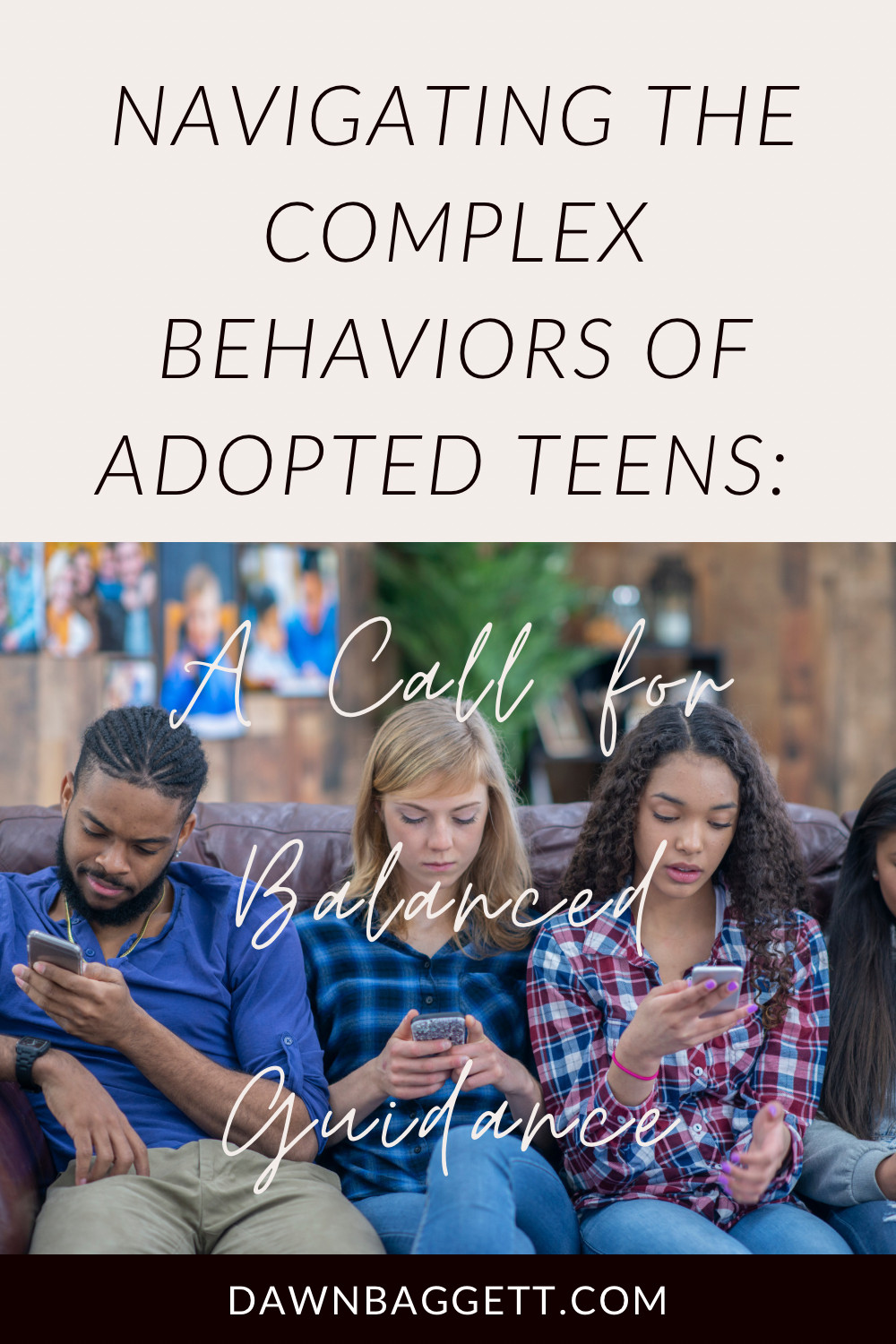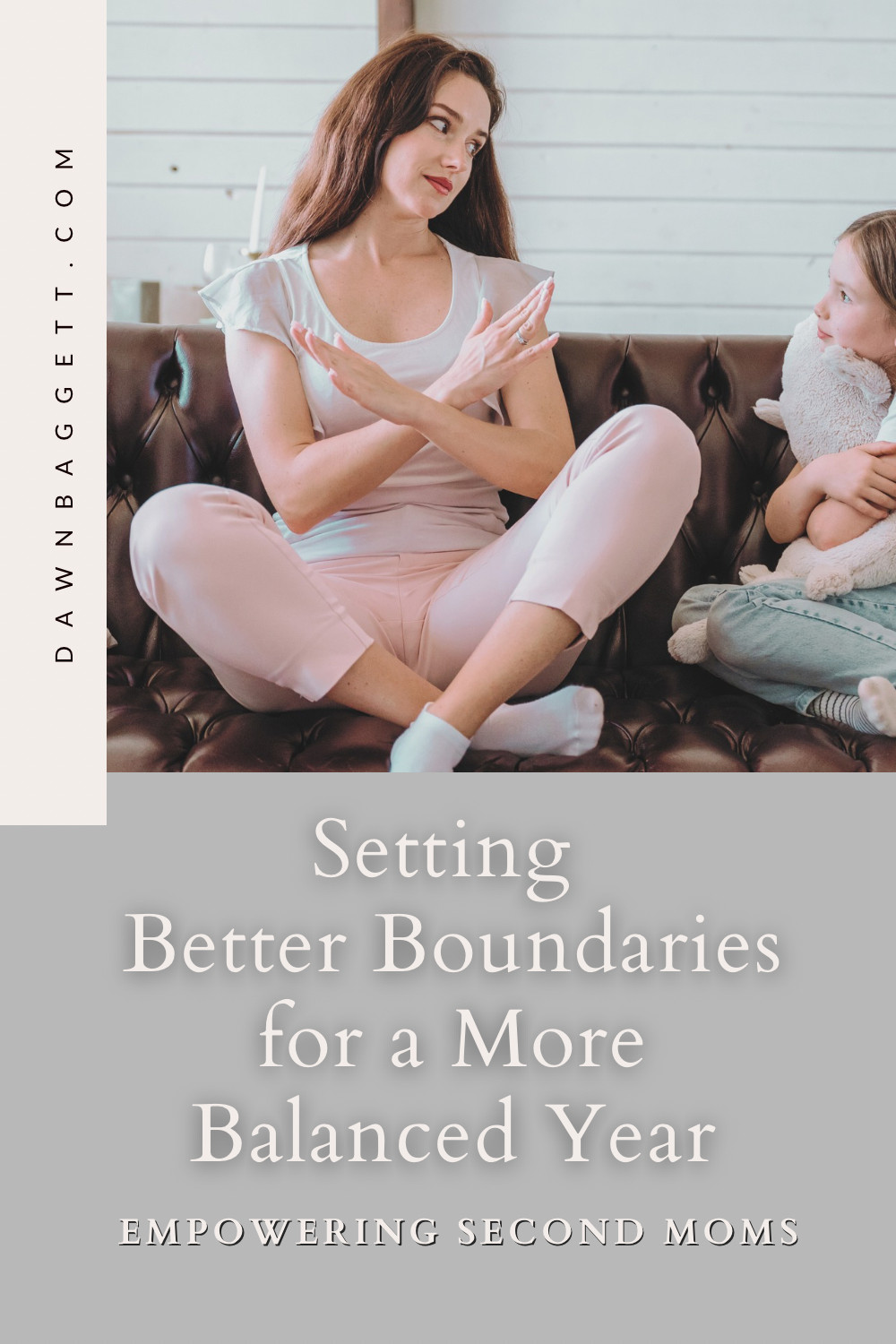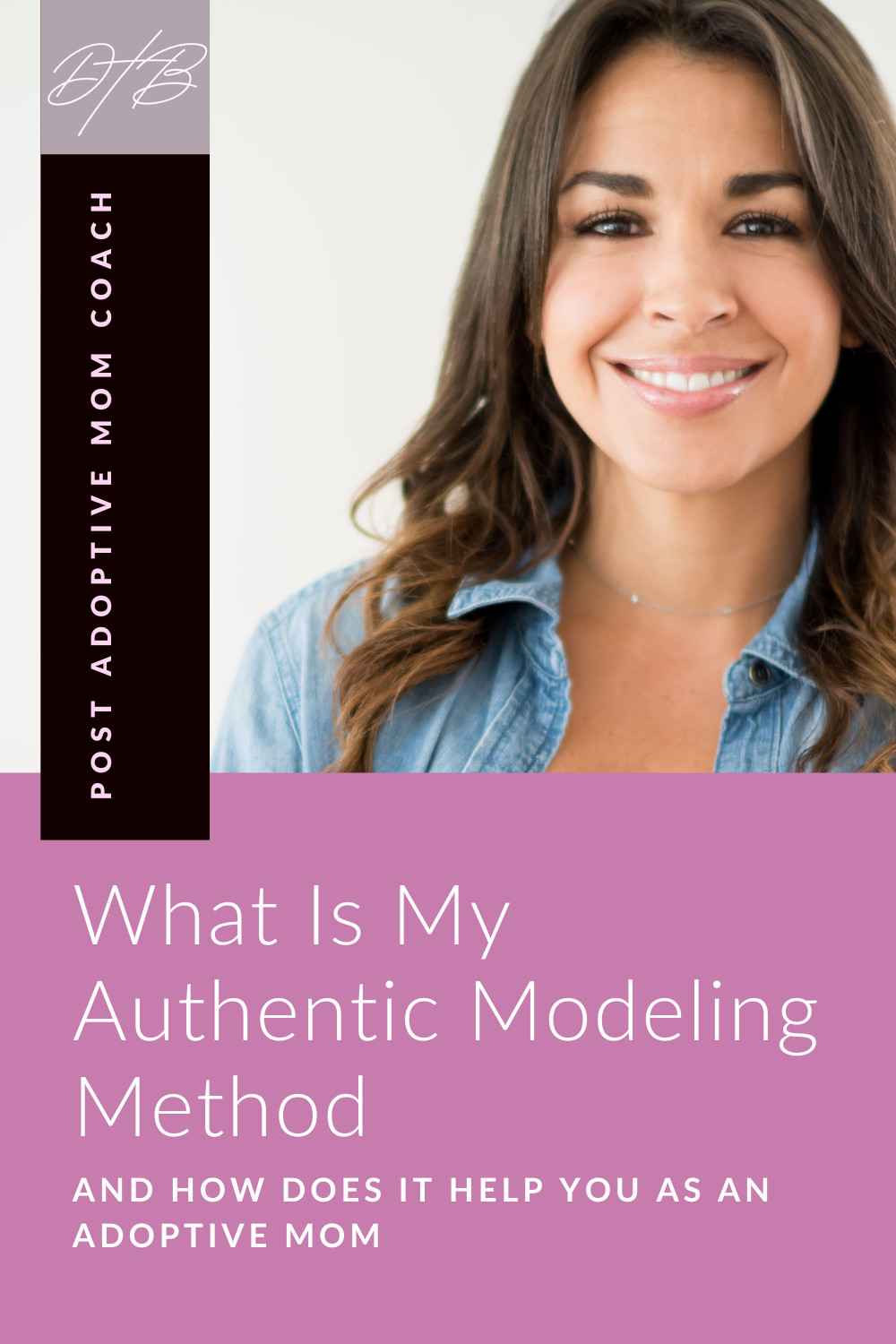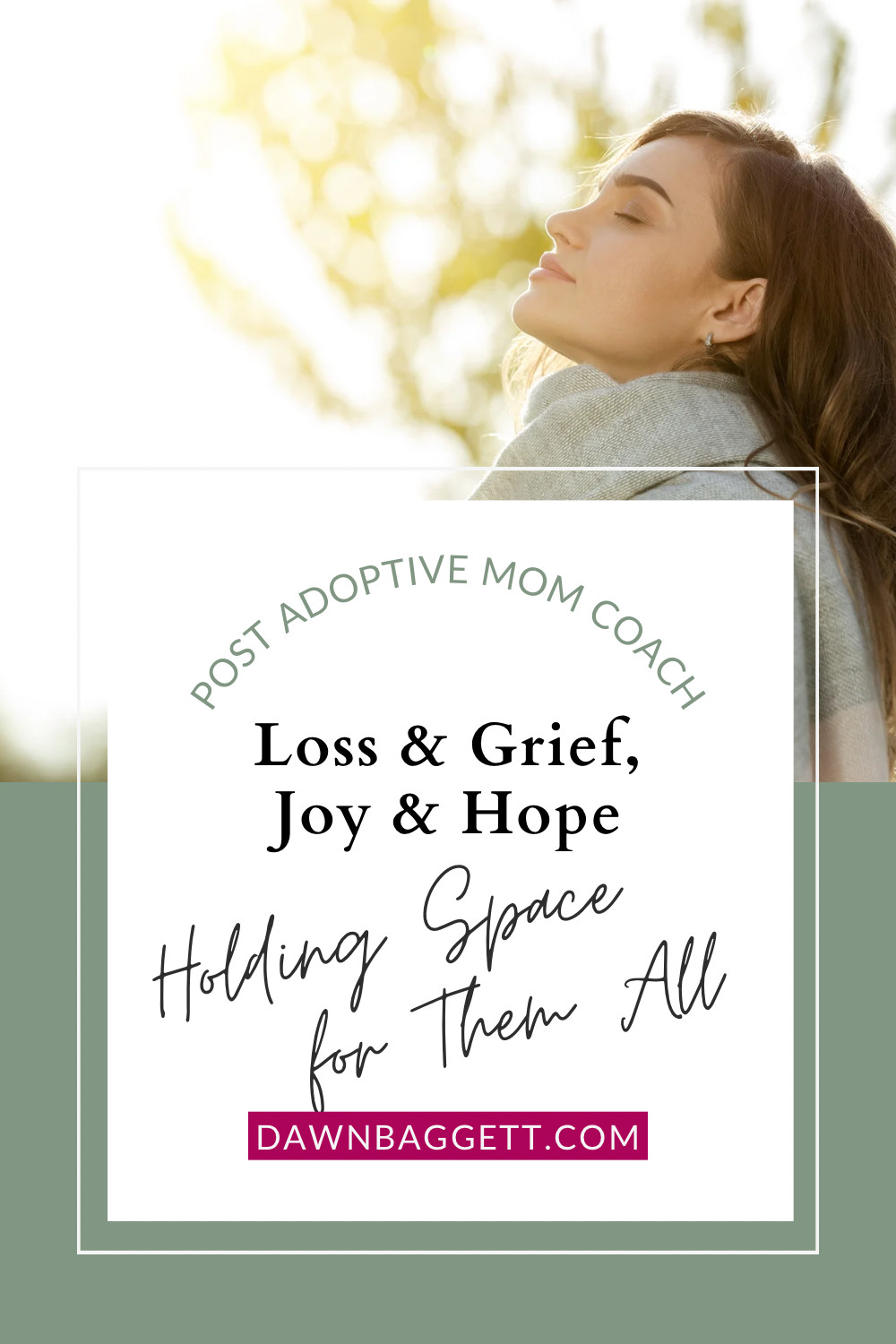Wouldn’t you agree that parenting is sometimes hard work?
How about when the dynamics of family life change with the addition of adopted children or stepchildren?
In my experience as an adoptive mom, it can be difficult to navigate through conflicting advice, unreasonable expectations, and ever-evolving relationships in a bustling household.
Does Your Adopted Child Have Lingering Effects of Their Prior Trauma?
When a child is adopted, it is often thought that their previous traumatic experiences will automatically disappear. However, this is not always the case. In fact, many adopted children suffer from the effects of their childhood trauma long after they have been removed from the abusive environment.
This can be due to a number of factors. For example, some adoptees may feel like they are not worthy of love and support because they were given up by their birth parents. Others may feel like they are constantly being judged by others because of their adoption status. As a result, these adoptees may struggle to form healthy relationships with others and may struggle with self-esteem issues.
From the paperwork & legalities to the physical and emotional tolls, there's no denying that adoption is a BIG undertaking.
If you're thinking about becoming an adoptive parent, or are in the process of adopting, you're probably aware of many challenges that come with the territory.
